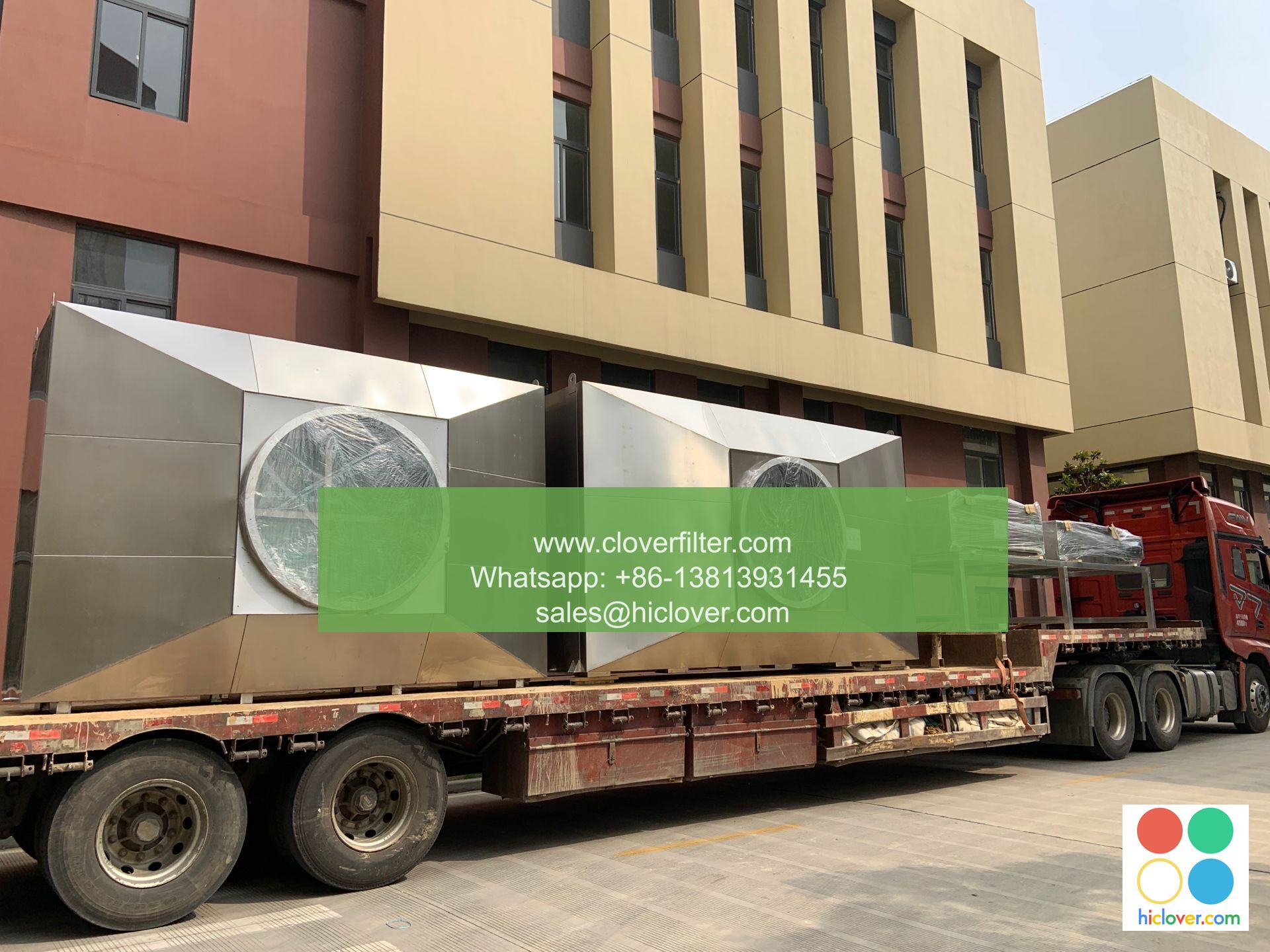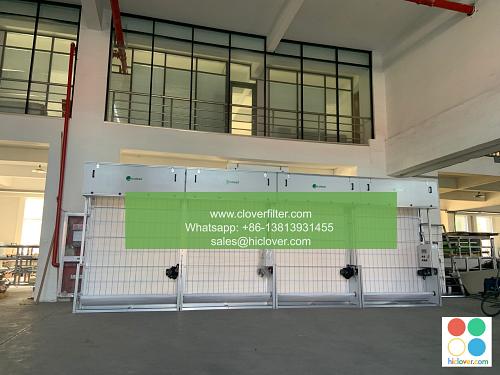Smoothing the Way for a Greener Future: Sustainable Air Filter Options

Smoothing the Way for a Greener Future: Sustainable Air Filter Options
The Need for Sustainable Air Filters
As the world grapples with the challenge of climate change, it’s become increasingly important to adopt sustainable practices in all aspects of our lives, including our personal and professional environments. One area that’s often overlooked is air quality, which is critical to our health, well-being, and productivity. Traditional air filters, while effective, often come with a significant environmental impact, from manufacturing to disposal. Sustainable air filter options are now available, offering a greener alternative for individuals, businesses, and industries alike. In this article, we’ll explore the benefits of sustainable air filters and highlight various application areas where they can make a significant difference.
What are Sustainable Air Filters?
Sustainable air filters are made from eco-friendly materials, designed to reduce environmental impact throughout their entire lifecycle. They’re often crafted from natural or recycled materials, minimizing waste and the carbon footprint associated with production. These filters also tend to be more energy-efficient, using less power to operate and requiring less frequent replacements, which reduces electronic waste.
Benefits of Sustainable Air Filters
- Reduced Carbon Footprint: Sustainable air filters minimize greenhouse gas emissions from manufacturing, transportation, and disposal, contributing to a lower overall carbon footprint.
- Increased Energy Efficiency: Designed to operate with minimal energy consumption, sustainable air filters can help reduce energy costs and reliance on non-renewable sources.
- Longer Lifespan and Fewer Replacements: Sustainable air filters often last longer and require less frequent replacement, reducing electronic waste and the need for new resources.
- Improved Air Quality: These filters are designed to capture pollutants and allergens more effectively, providing a healthier indoor environment and reducing the need for chemical treatments.
- Cost-Effective: Sustainable air filters can be more cost-effective in the long run, as fewer replacements and reduced energy consumption offset initial investment costs.
Application Areas for Sustainable Air Filters
- Commercial Properties: Office buildings, malls, and hotels can benefit from sustainable air filters, improving indoor air quality and reducing energy consumption while attracting eco-conscious customers and employees.
- Residential Buildings: Homeowners can choose sustainable air filters for their HVAC systems, ensuring a healthier indoor environment and contributing to a lower carbon footprint.
- Data Centers and Server Rooms: High-tech facilities can leverage sustainable air filters to maintain optimal server performance while minimizing energy consumption and environmental impact.
- Commercial Vehicles: Fleets and private vehicles can use eco-friendly air filters, reducing emissions and improving air quality inside cars and trucks.
- Industrial Settings: Manufacturing facilities, hospitals, and healthcare organizations can benefit from sustainable air filters, ensuring a healthy and safe working environment while meeting stringent regulations and standards.
Conclusion
As we strive for a greener future, it’s essential to incorporate sustainable practices in all aspects of our lives. Sustainable air filters offer a game-changing solution for improving indoor air quality, reducing energy consumption, and minimizing environmental impact. By choosing eco-friendly air filters, we can create a healthier, more sustainable future for generations to come.
A blank slate! What would you like to talk about, ask, or create? I’m here to help with your prompt.

